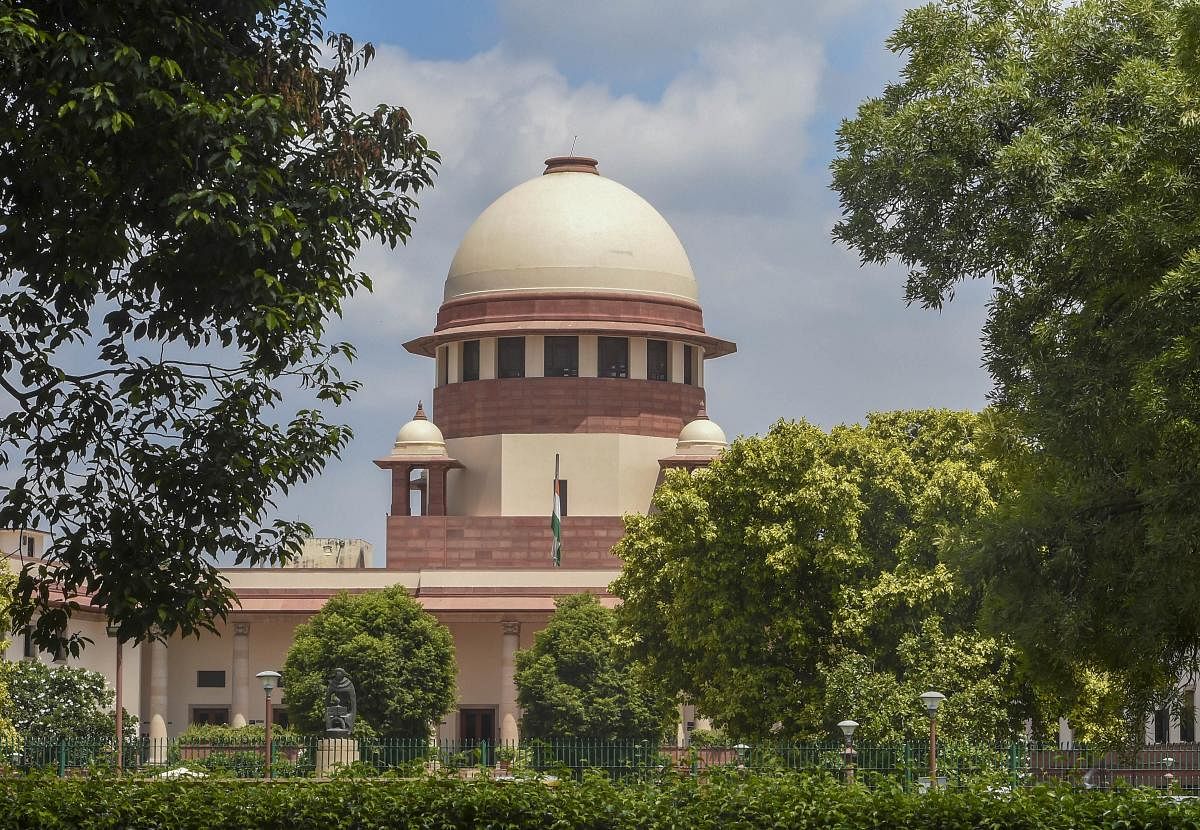Last week, the Supreme Court rightly expressed its disapproval of the practice of courts accepting sealed covers purportedly containing confidential information during hearings. Such covers have been handed over to some benches of the Supreme Court itself in the past. The court has done well to frown on this practice which is against judicial principles. Chief Justice of India N V Ramana told the Patna High Court’s counsel: “Please don’t give us a sealed cover, we don’t want it here.” On the same day, during the hearing of an appeal against the Kerala High Court order upholding the central government’s ban on a Malayalam TV Channel, MediaOne, Justice D Y Chandrachud also expressed the same view. The High Court had passed its order on the basis of documents submitted in a sealed cover by the government. The three-judge bench of Justice Chandrachud did not accept the sealed cover offered by the government to it and stayed the ban.
Sealed covers were handed over to the court in some important cases – the Rafale purchase case, the Bhima Koregaon case, Assam’s National Register of Citizens (NRC) case and the anticipatory bail petition for former Union minister P Chidambaram. It is always the government side that submits sealed covers. It ensures that the other side does not know the contents of the cover. This is wrong and unfair and denies an opportunity for that side to scrutinise and refute it. That amounts to denial of a basic legal right of a party to the case.
The practice of submitting sealed covers to courts has grown during the Modi government’s tenure. The government has sought to justify the practice on the ground of national security or on the pretext of ensuring that an ongoing investigation is not affected by premature disclosure of facts. But in a democracy, transparency is very important, and it is especially so in the judicial field. Many of the cases where the sealed covers have been produced are about the fundamental rights of people and the conduct of people in high positions. When the accused has no access to the evidence against him, the judicial process becomes opaque. In cases such as the Rafale case, where those in high positions are themselves under a cloud, they cannot be allowed to keep information secret in sealed covers to escape an investigation. That is why decisions based on secret information go against the dictum that justice should not only be done but seen to be done, too. Justice is not a matter between one party in the case and the court. Apart from the parties to the cases, citizens also have the right to know the reasons for the court’s decisions. Sealed cover jurisprudence denies that right to the people and hurts the credibility of courts.
